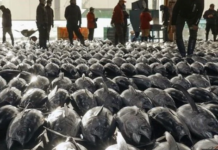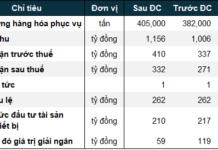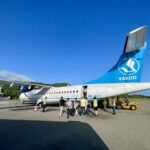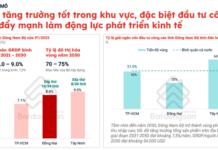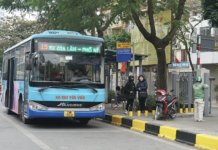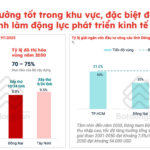As international travel rebounds post-pandemic, numerous countries across Europe and Asia are tightening or introducing new tourism taxes. This move is seen as a sustainable solution to manage tourism, curb overcrowding, and fund conservation and infrastructure upgrades. The years 2025-2026 are expected to mark a significant shift in tourism tax policies, with various new fees coming into effect.
What is the Purpose of Tourism Tax?
Tourism tax, also known as tourist tax or city tax, is a fee levied on visitors staying in a particular destination. The rate varies by country, calculated per night, per person, or as a percentage of the room rate.
This tax addresses the pressures of tourism, including traffic congestion, waste management, environmental pollution, heritage conservation, and infrastructure development. Popular destinations also use it to regulate visitor numbers, mitigate the impact of mass tourism, and promote sustainable growth. While it increases travel costs, tourism tax plays a crucial role in ensuring a quality experience and preserving the long-term capacity of tourist cities.
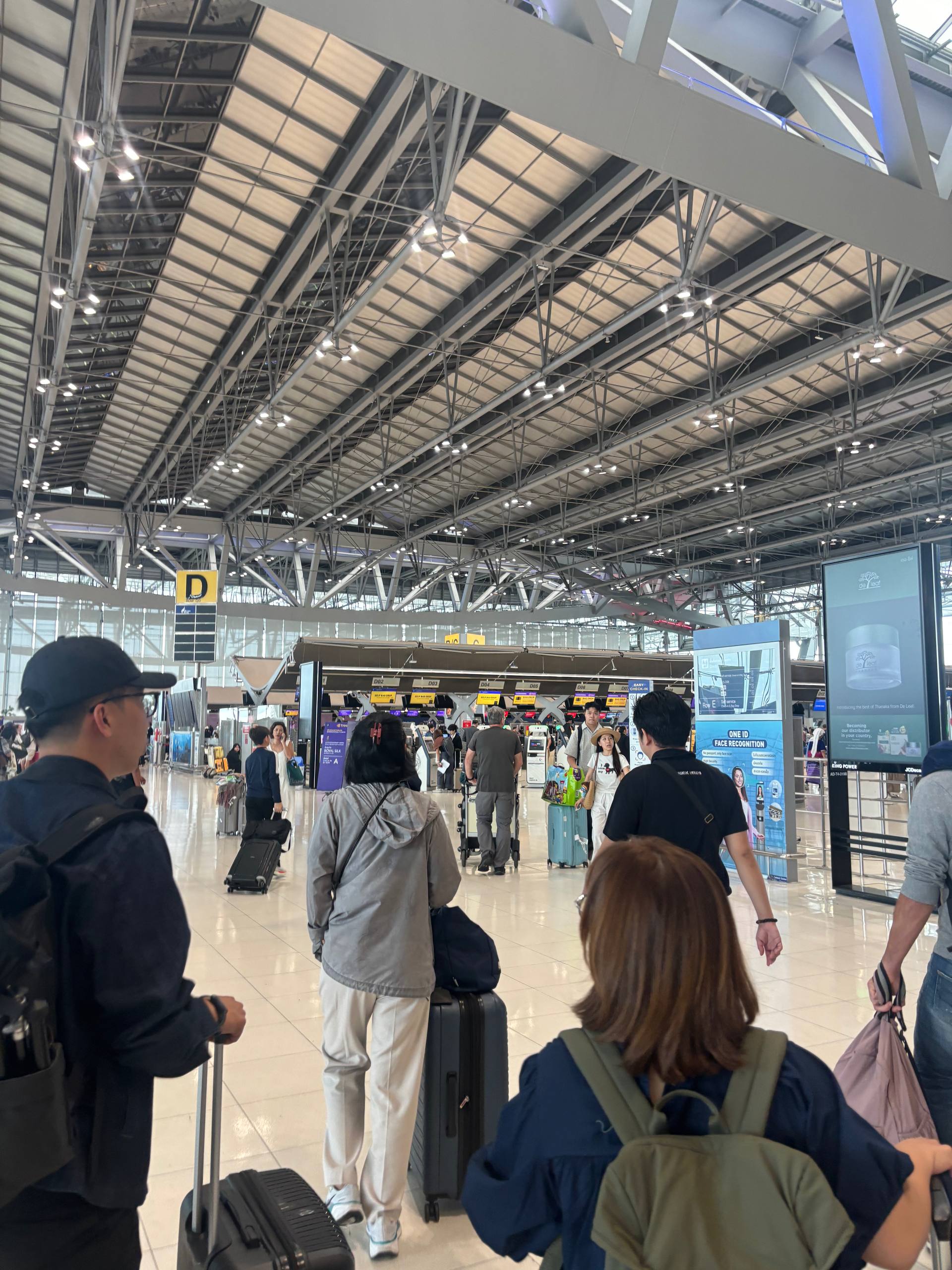
Notable Countries Implementing Tourism Tax
In Europe, Italy has garnered attention with its significant tourism tax adjustments. Milan will introduce new rates from January 1, 2026, with a 7.40 euro/night tax for three-star hotels (approx. 190,000 VND), and 9.50 euros/night for short-term rentals (over 245,000 VND), equivalent to five-star hotel rates, currently set at 10 euros/night (over 250,000 VND). Other accommodations will see varying increases: two-star hotels at 5 euros (nearly 130,000 VND), one-star hotels at 4 euros (over 100,000 VND), and guesthouses at 7 euros (180,000 VND). Youth hostels and outdoor accommodations will pay a lower rate of 3 euros/night (over 70,000 VND). (Source: Travel And Tour World)
This move prepares Milan for the 2026 Winter Olympics and Paralympics, anticipating a massive influx of visitors. The Italian government has allowed host cities to add up to 5 euros (over 150,000 VND) per night to boost resources for transportation, security, and public services.
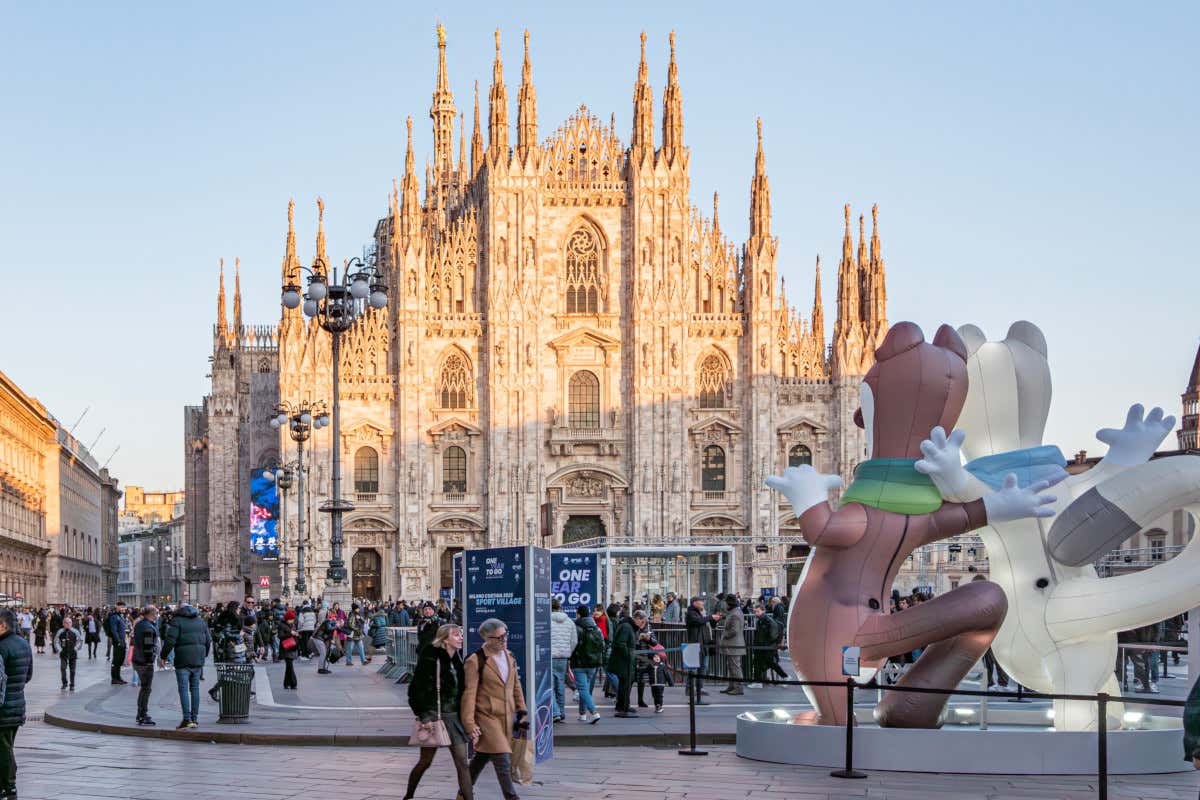
In Spain, hotspots like Barcelona, Ibiza, and Mallorca have increased their tourism tax and “green tax,” charging several euros per night to offset environmental costs. Catalonia plans to raise the maximum tax to around 15 euros/day (over 400,000 VND) based on accommodation type, supporting local housing funds. France applies taxes based on accommodation category, with luxury hotels paying significantly more than budget options. Amsterdam (Netherlands) has hiked its room tax to 12.5% of the room rate, the highest in Europe.
Thailand, known for affordable travel, proposes a 9 USD (over 200,000 VND) fee for air arrivals, expected by late 2025. This aims to reduce overcrowding in popular destinations like Phuket and Bangkok, while funding infrastructure in secondary cities to disperse tourists and promote sustainability.
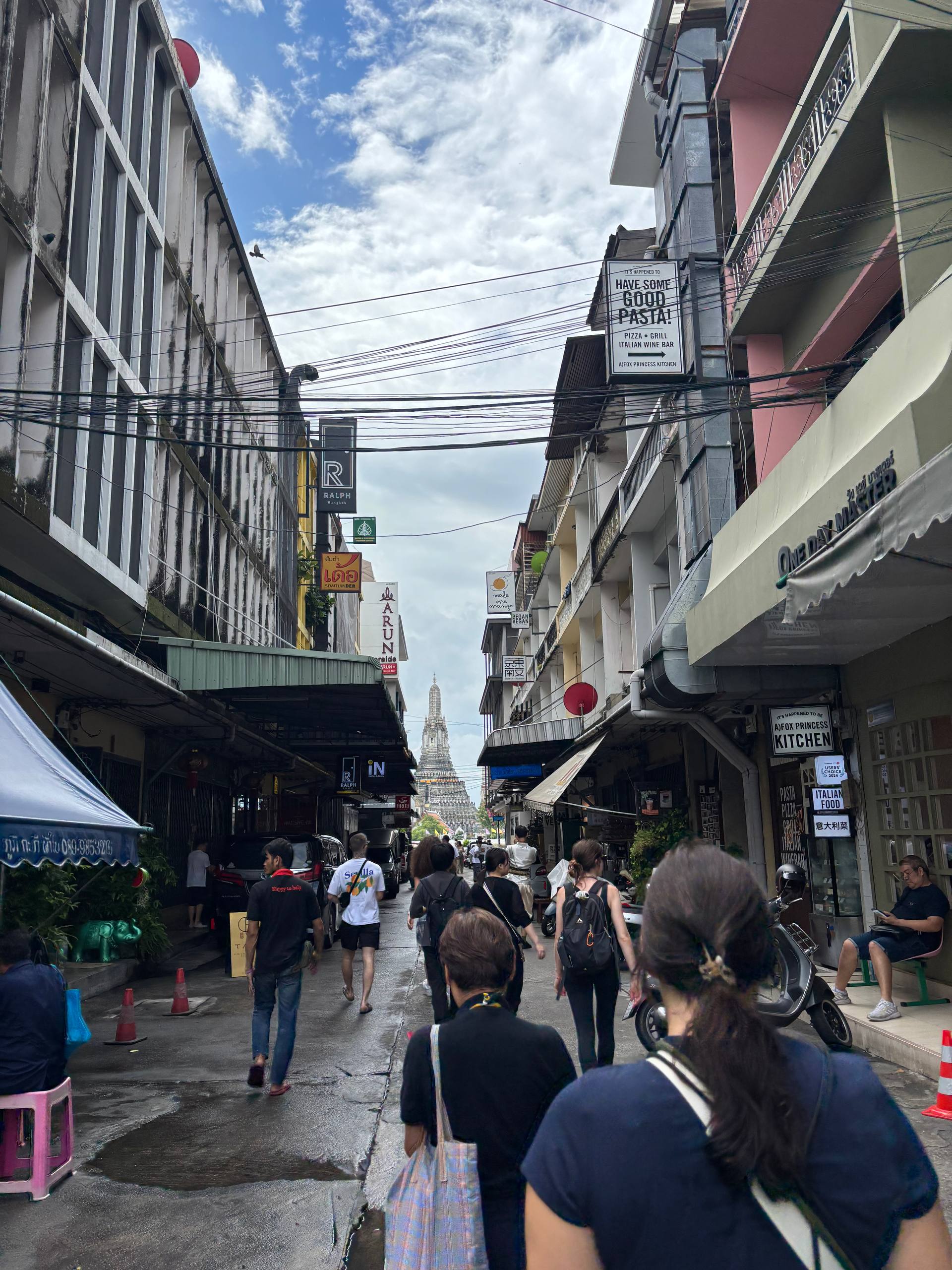
In Asia, Japan considers tourism fees in overcrowded cities like Kyoto, while Indonesia continues its Bali tourism tax to protect the environment and cultural heritage.
Travelers should research destination-specific taxes to plan their finances and spend wisely during their trips.
Crafting a Sustainable Tourism Ecosystem: The CEO of Tổ Ong Adventure’s Bold Journey Beyond Words to Action
From the early days of our team sleeping in the forest to understand every canopy, to the journey of transforming trekking into a conservation ecosystem, Tổ Ong has proven one thing: to protect the forest, we must live with it, and to achieve sustainable development, we must start with genuine values.
Unlocking Côn Đảo’s Potential: 73 Investment Projects, Including Two Major Land Reclamation Zones
By 2030, the Con Dao Special Zone (Ho Chi Minh City) will simultaneously roll out 73 projects with an estimated investment of VND 21,348 billion; an additional 3 projects are planned for the post-2030 phase.
Sun Group Develops 1,000-Hectare Tourism Complex: Vietnam’s Only Visa-Free Cross-Border Travel Destination
Experience the ultimate blend of relaxation, adventure, and cultural immersion at the Ban Gioc Waterfall Tourism Area in Dam Thuy Commune, Cao Bang Province. This premier destination promises a diverse array of resort options, thrilling entertainment activities, vibrant commercial hubs, and authentic community-based tourism experiences.
What Can the Tourism Industry Do Now to Turn the 45-Day Visa into… Cash?
According to experts, to maximize the potential of the new visa waiver policy in attracting European travelers, the tourism industry must foster strong collaboration between aviation, hospitality, and travel agencies. The key lies in creating and promoting specialized, premium travel packages that showcase the unique and luxurious experiences that the country has to offer.



